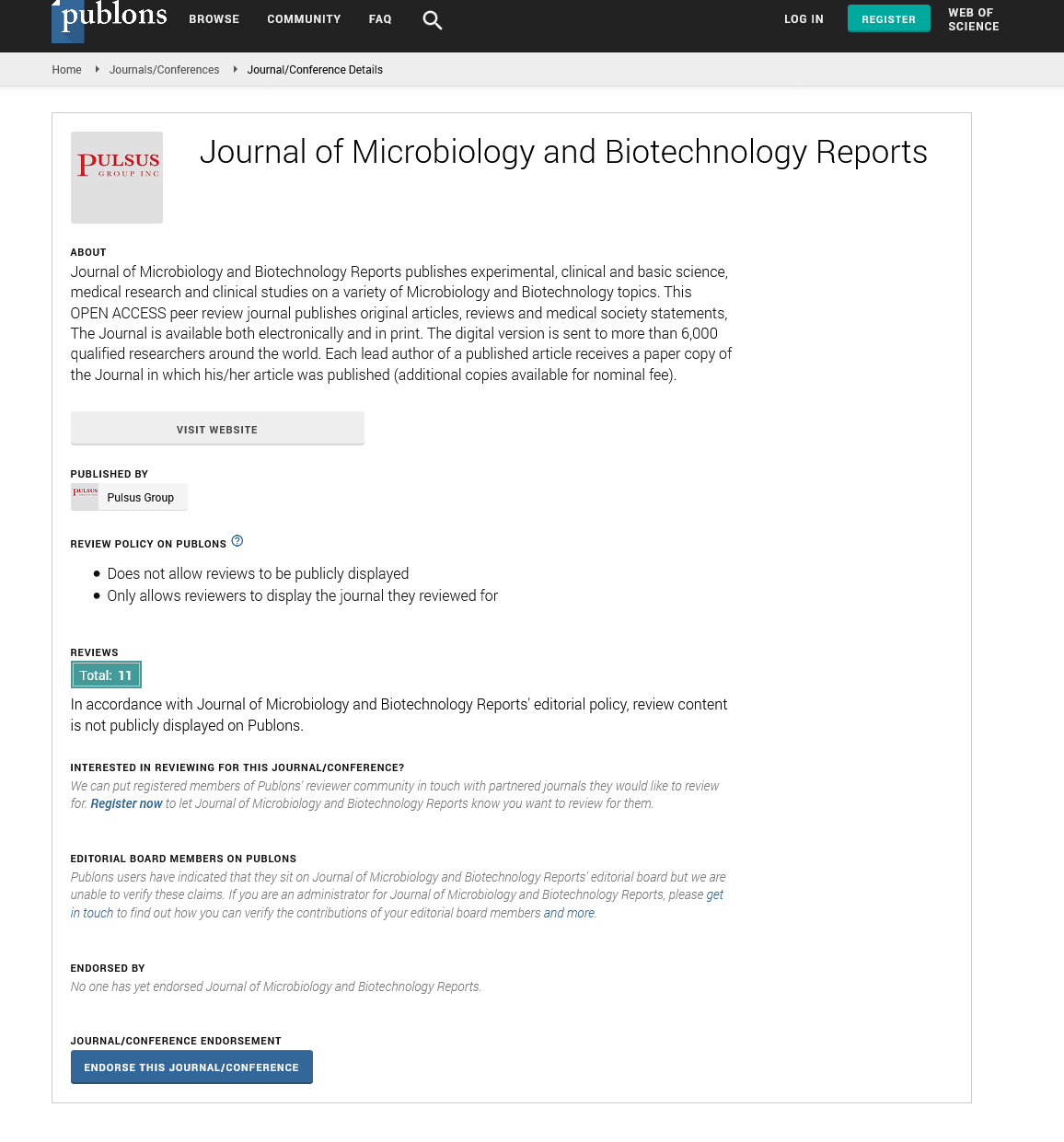
Sign up for email alert when new content gets added: Sign up
Abstract
Clinical genetics and genomics advancements
Author(s): James Smith*Genomic and genetic research is advancing at an unparalleled rate. The human genome project, which began twenty years ago, gave scientists their first looks at the human genome sequence and ushered in a new age of human genetics. Comprehensive genetic testing such as exome sequencing and genome sequencing became possible with the advent of next-generation sequencing (NGS) in 2005. While this is going on, significant work has been done to optimize bioinformatics pipelines so that variant studies based on NGS data can become faster and more precise. The diagnostic journey of suspected hereditary disorders has undergone a radical change as a result of these developments in sequencing technology and analytical techniques. The genotype-phenotype link and polygenic risk scores (PRSs) derived from genome-wide association studies have lately broadened our view beyond rare genetic changes to a genomic landscape implicated by the combined influence of both uncommon variants and polymorphisms. The enormous amount of genomic knowledge and the lengthy sheets of test results for full genomic sequencing provide a number of significant issues for doctors and genetic counsellors. Semi-automatic processes supported by artificial intelligence approaches may be the way toward "next-generation" clinical genetics and genomics.
Full-Text | PDF




